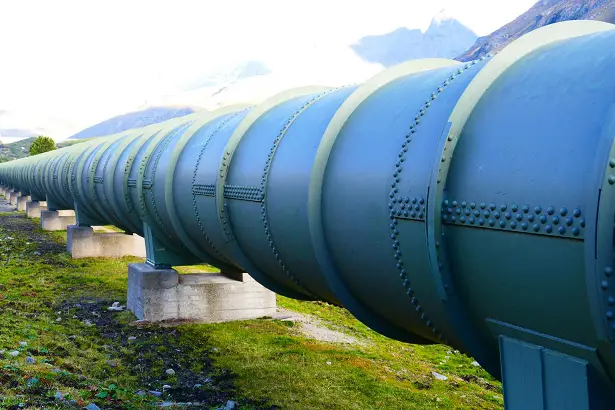The leakage detected from Balticconnector, the undersea gas pipeline connecting Finland and Estonia, is now the subject of an official probe, due to suspicions that the pipeline may have been damaged deliberately, according to a statement from Helsinki on Tuesday.
Finnish President Sauli Niinisto said during a press conference that the damage to the pipeline, as well as some telecommunications cables, may have been inflicted deliberately.
In a statement, Niinisto said, “It is likely that damage to both the gas pipeline and the communication cable is the result of outside activity. The cause of the damage is not yet clear, the investigation continues in cooperation between Finland and Estonia.”
Finnish Prime Minister Petteri Orpo said his nation’s energy supply remains stable. He added that while he found the leakage from the pipeline “worrying,” the damage to the telecommunications cables had not affected his country’s connectivity.
Orpo said to a press conference, “It is too early to draw conclusions on who or what caused the damage.”
On Sunday Morning, the Balicconnector pipeline was shut down after suspicion arose of there being a leak. Gasgrid Janne Gronlund, a senior executive at Finnish state-run energy company said, the pipeline may need to remain shut down until the end of the coming winter.
The Balticconnector pipeline is a 77-kilometer (47-mile) pipeline which carries liquified natural gas (LNG) from an import terminal in Finland to Estonia. Opened in 2019, it has an annual capacity of 2.6 billion cubic meters (bcm).
Commenting on his contacts with allies and partners regarding the situation, President Niinisto said, “I had a conversation with NATO Secretary General Jens Stoltenberg today. NATO is ready to assist in the investigations.”
The potential for sabotage has revived security concerns surrounding energy infrastructure, following the explosions which occurred near the Balticconnector pipeline and damaged the Nord Stream 1 and Nord Stream 2 pipelines. The explosions are now widely accepted as acts of sabotage, with accusations being leveled against everyone from a Ukrainian commando team, to the United States government. In response European governments increased security around their energy infrastructure.
On Tuesday, European gas prices increased by as much as 12.7%, hitting the highest level seen in two weeks. Analysts are attributing the surge to both the leakage at the Balticconnector pipeline, as well as the cessation of production at an Israeli field operated by US energy major Chevron.

